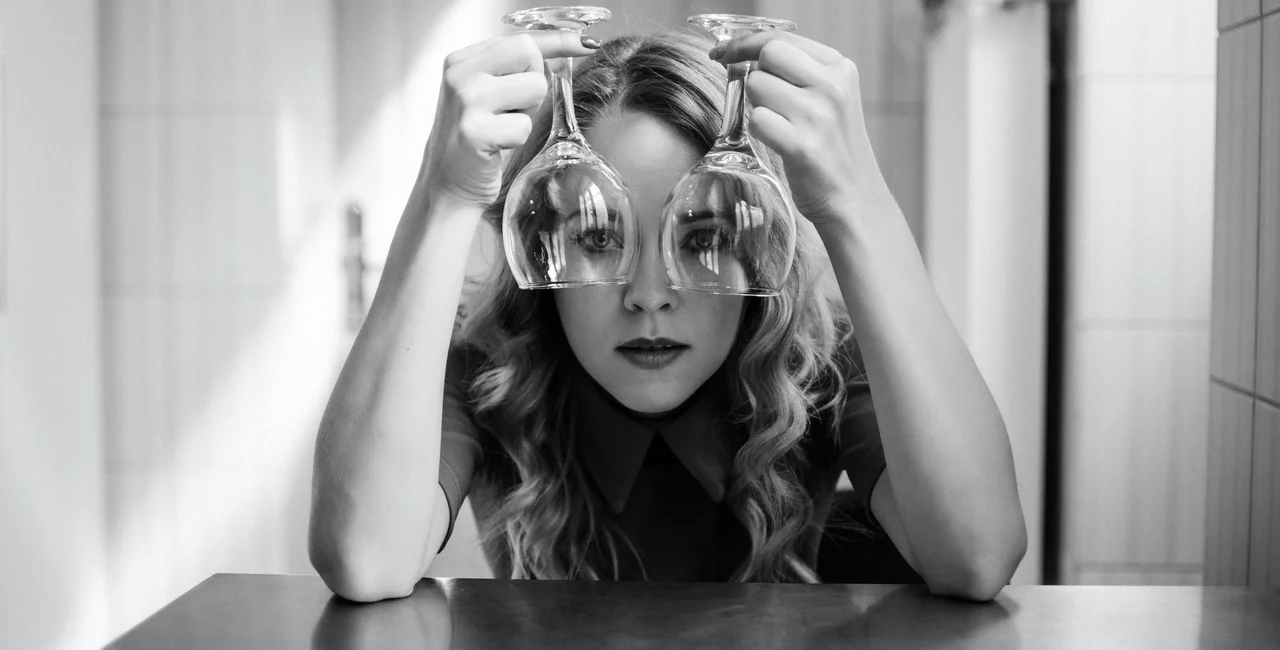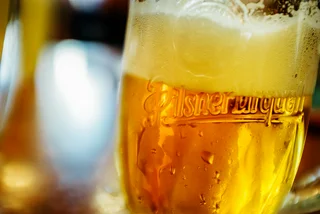The number of Czechs who regularly drink alcohol every week and who often drink too much alcohol has increased by 60 percent during the coronavirus pandemic, according to a report from the National Institute of Mental Health (NÚDZ). But many moderate drinkers conversely consumed less alcohol.
The report was released ahead of Dry February (Suchej únor), a campaign that encourages people to take a month off from alcohol consumption. The campaign is in its ninth year, and this year has expanded to Slovakia as well.
PARTNER ARTICLE
While other nations such as the United Kingdom, France. and Switzerland promote a Dry January to capitalize on new year’s resolutions, February is the main month to abstain locally. The rhyming Dry July is popular in Australia and New Zealand, and has been spreading to other countries as well.
According to a survey conducted by the Nielsen Admosphere agency, awareness of the Dry February campaign climbed from 47 percent to 58 percent across the Czech population last year, with 9 percent of adults stating they would participate, totaling around 600,000 people. For the first four years of the campaign, participation was under 2.5 percent.
NÚDZ spokesman Jan Červenka told the Czech News Agency (ČTK) that the Dry February campaign, which it helps to support every year, seeks to change alcohol-drinking habits. Last year, there was an alcohol-free pop-up bar to support the campaign, but this year the whole campaign will be online due to coronavirus restrictions.
People interested in joining the campaign can register over Facebook, and add a yellow ring to their profile photo. There is also a website, with extensive information in Czech.
The Dry February website offers advice on how to deal with people who try to “sober shame” participants into drinking, and urges people to register so they can be part of a supportive community. Participants can also receive a book in Czech that can inform and entertain them during the month.
“Going dry in the Czech Republic is not easy. Alcohol is with us everywhere, and we have forgotten what it is like without it,” the site states.
Regulations related to the pandemic and the economic uncertainty have created a situation of chronic stress, which some people resolve by drinking, according to the NÚDZ report. The COVID crisis has also led to a higher rate of anxiety disorders and depression, and increased suicide risk.
NÚDZ research head Ladislav Csémy said people react to chronic stress in very different ways, many of which were inappropriate, ineffective, or even harmful.
“We can see an increase in the use of antidepressants, medicines against anxiety, and sleeping pills," Csémy said.
The NÚDZ survey, made by a team led by researcher Petr Winkler, is based on a representative group of 3,300 adults. One of the report’s findings was that over 6 percent of the people in the survey group regularly drank too much alcohol during the pandemic, while it was about 4 percent before the pandemic.
A study carried out by the National Monitoring Center confirmed changes in alcohol consumption. It concluded that alcohol consumption increased especially among those who drank a lot even before the pandemic, while moderate alcohol consumers further lowered the volume of alcohol they drink during the pandemic.
“The latest comparative study by the World Health Organization (2018) ranked us third in the world in terms of alcohol consumption per capita,” NÚDZ’s Csémy said.
“The average Czech drinks 14.4 liters of pure alcohol per year. The consumption ratio between men and women remains around 4:1, which is 23.2 liters for men and 6.1 liters for women. The social costs of excessive drinking in our country are estimated at more than 56 billion CZK per year,” Csémy added. The Czech Republic has also long been the leader in beer consumed per capita.
About 1 million people, or one-tenth of the population, consume an amount of alcohol that puts them at risk of addiction or problem drinking.
Dry February allows participants to see how alcohol impacts their lives. A 2020 study created in cooperation with NÚDZ showed 53 percent of Dry February participants drank less four months after the event.
An alcohol-free month also brings a number of benefits. “The effect of abstinence, even if only for a short time, is of course registered especially by people who drink alcohol regularly and often,” Csémy said.
“After a month, not only do liver functions and mental state improve, but also the external appearance noticeably changes for the better,” he added.
Despite some people drinking more, the overall sale of alcohol has dropped. The Association of Alcohol Producers and Importers previously said that the sale of spirits last year dropped by 38 percent from January to October compared with the first 10 months of the previous year.
This was because restaurants and hotels had to be closed and the number of foreign tourists and foreign laborers considerably fell due to the coronavirus crisis.












 Reading time: 4 minutes
Reading time: 4 minutes 

































